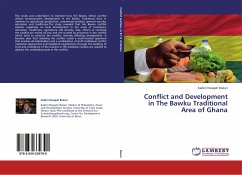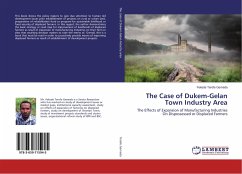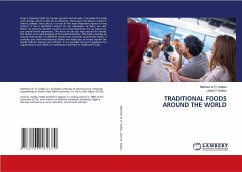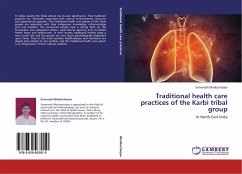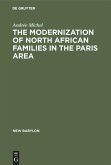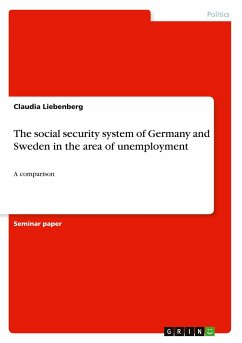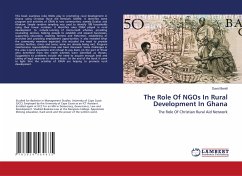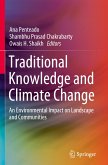This study was undertaken to examine how the Bawku ethnic conflict affects socioeconomic development in the Bawku Traditional Area in relations to agricultural production, commercial activities, general security, education and healthcare.The study revealed that the Bawku conflict impacts negatively on local development in the areas of businesses, education, healthcare, agriculture and security. Also, efforts at resolving the conflict are mainly ad hoc and not trusted by all parties in the conflict which tend to protract the conflict, thereby affecting development. It became clear that resolving the conflict needs a multi-faceted approach that involves all stakeholders and a combination of both traditional conflict resolution approaches and facilitated negotiations through the building of trust and confidence of the factions in the mediation bodies are needed to address the underlying issues in the conflict.

